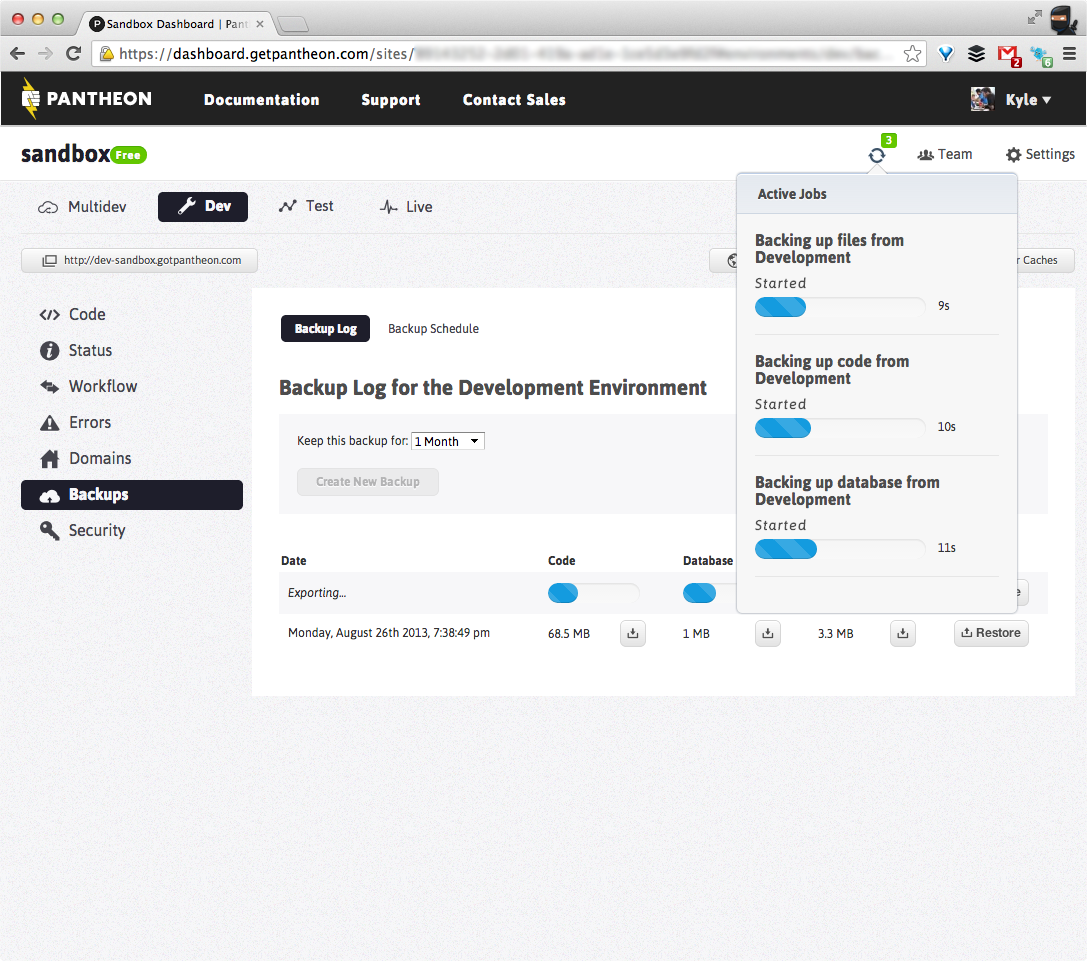


Or, if any downtime means significant loss of business, you need redundant systems. Load-balanced, distributed system - Beyond a certain level of traffic, a single server cannot handle everything.Dedicated hardware ("Bare metal") - This is the "old school" co-located server hosting that was very common before the "Cloud" became such a big deal - you lease a server in a datacenter, or purchase one and lease a connection in the data center.Platform hosting - For Drupal this is hosting like Pantheon or Acquia - infrastructure built up to allow you to manage your site, with tools to assist with deployment, multiple environments, and often abstracting away the hardware or virtual servers supporting the site.
#Rackspace drupal hosting full#
Generally you have full root access and the ability to run whatever software you like.
Dedicated Virtual Private Server (VPS, or Cloud Server) - This is generally what most of our customers use, a private server that only runs your stuff. You generally get FTP access and a control panel - if you're lucky there is "shell" access (SSH). This is what you get when you go sign up for a "cheap" hosting plan. Shared Hosting - Your site is one of many running on a large server. Who is maintaining the site, OS, and supporting packages?īefore drilling into these areas, let's quickly go over the basic types of hosting:. What regulatory compliance needs do you have?. What steps are involved in handling more traffic than you can handle today?. When choosing any service provider, a crucial question is, "What happens if something goes wrong?" When you're choosing a hosting provider, we like to dig a bit deeper, and ask what risks are likely to be an issue for you?






 0 kommentar(er)
0 kommentar(er)
